Musicians poured their hearts out at Lahore Music Meet, but few came to see it
For music lovers, a festival such as the Lahore Music Meet 2017 (LMM) designed on the pattern of the literature festivals that have been taking place in the country since 2010, is definitely a breath of fresh air. There were panel discussions and live performances at the meet. Entry was free, and for any music lover this should be more than enough. As an initiative it’s commendable and the credit goes to organiser Natasha Noorani and her team.
However, while the number of people attending the literature festivals has always been quite high, it came as a surprise that the two days of the LMM last week saw a very low turnout. It should have been one of those festivals where you bump into quite a few acquaintances and friends. And, yet, here we were at Lahore’s beautiful Al Hamra Arts Council with only a handful of people in the middle of the day — on a weekend. The halls were mostly half-filled, and the public preferred to listen to live music rather than hear musicians talk. Worst of all, no celebrity musician could be seen milling around outside in the lawn area where those attending could go up to them and strike up a little conversation.
In fact, as soon as the sessions were over, the artists were literally dragged back behind the stage by the organisers as if they would be mobbed. Even the media was not allowed backstage and there were some attendants who felt insulted by the way they were physically kept back from approaching any artist on stage for a little talk after the sessions. Even TV celebs Anoushay Ashraf and Dino Ali were not seen, although they had a session.
Patari’s Tabeer project singers — Lyari Underground members, Abid Brohi and Nazar Gill — were the only ones seen outside openly talking to people, while the rest disappeared into the vacuum (read: backstage).
Maybe it was the security situation after a series of bomb blasts in the country that had dampened the atmosphere a bit. The Lahore Literature Festival (LLF) had already been truncated two weeks ago after being shifted to a private venue. At the LMM, too, there was an intense vetting process at the gates and music buffs needed to show their CNICs to enter the venue. For the first time you saw a queue being formed to get into Al Hamra.
On to the sessions...

Uzair Jaswal and Momina Mustehsan spoke a little about their experiences of songwriting and singing. Jaswal said he always valued learning and songwriting was a good process to do that. “You should do free shows,” was Jaswal’s advice to musicians. “You must in the beginning. Being on stage is an experience that you can never replace. Being able to connect with your own songs is something important,” he said. Jaswal’s album is also out on Patari.
“Music was never a priority for me, and I seriously do not know how I got so big,” Mustehsan said. “So many people have done Coke Studio but my song broke all records. I think I was highlighted too much after CS.”
She also shed light on cyber bullying where everything someone famous does comes to be criticised.

Daniyal Hyatt’s session on ‘lo-fi music’ was geeky and screamed for a moderator because Hyatt was unable to hold up the session. He focused on lo-fi music and at the same time struggled to choose tracks to play on his laptop. Hyatt — who is Rohail Hyatt’s son and who looks very much like the young Rohail of Vital Signs days — said lo-fi had accessibility and anyone could collect a lot of sounds and mix them up. “The lower the quality the better it is,” he said. “When you put those things together you can get music that sounds full. You can take that noise and put it where it needs to be put.”
"So many people have done Coke Studio but my song broke all records. I think I was highlighted too much after CS,” says Momina Mustehsan
He said you could even play with tape, stretch it out and see how muffled it can get, and one could do the same with vinyl and its scratches.
For Pakistan’s music scene, the 1990s was its golden period. This was the time when the ‘singer-songwriter’ emerged, when experimentation began, and when pop became serious business. This was the time when the Pakistani artists’ political consciousness was also awakened. Two of the artists from that era are Sajjad Ali and Ali Azmat who were involved in different panel discussions at the LMM. They turned out to be the most popular ones.

Ali said the ’90s was the era where the artist was faced with the remnants of the old generation’s problems. And for Azmat his life as an artist had been nothing but struggle — trying to survive, living on his own in an alien city, and eventually reaping some reward. “For me the music scene happened from 1994 onwards,” he said.
Ali spoke on the new generation and its waywardness when it came to music and its inability to treat it with the seriousness it deserved. He pointed out that music has never been treated as a matter of priority in Pakistan.
"When technology has reached every home and when almost everyone knows how to record, play and sing confidently, why is there still no hit song coming up?” asked Sajjad Ali
It was a long time ago when Sajjad Ali himself directed the music video 'Babiya'. He said artists were hands-on then too, dabbling in song composition and recording but something was always missing. “Today,” said Ali, “when technology has reached every home and when almost everyone knows how to record, play and sing confidently, why is there still no hit song coming up?”
Ali was of the view that the industry would not grow until it had music written originally for it. “No industry grows by recycling. The whole process of creating, recording and marketing music is a science and no one is giving it to the kids. In today’s age we need ‘smart artists’, who can do all these things.”

Azmat expanded on the same aspect of the industry but in a different way. His take was that artists had themselves stopped creating, and have locked themselves in, while at the same time an over-commercial mindset had begun to dominate music production, instead of it being a completely creative process. “If artists do not recreate and create and explore new styles of music, they will drop like flies,” he said. “You cannot keep doing the same kind of music, you have to move on. You have to stop following trends.”
He said, “I was never in the useless rat race to be number one. Artists are insecure people and perhaps it is that insecurity that keeps me afloat. There were times when I went on the high horse but I have learnt to calm myself down, to become more grounded. After all that ‘high’ doesn’t always remain.”
“My song is about a girl I liked who took all my money to load her credit but I never found out until three years later that she liked someone else,” said Brohi. “Now I have another project lined up with SomewhatSuper and I can’t wait for it to be aired.”
Patari’s Tabeer project singers — Abid Brohi of the 'Sibbi Song' fame, Lyari Underground for their 'Players of Lyari', and Nazar Gill for 'Jugni' — won the hearts of the audience with their simple yet interesting talk laced with humour.
“People thought I was mad because I used to sing all the time,” said Brohi. “I ran away to Quetta and began working in a tea shop, but then I met SomeWhatSuper and my song was recorded. For me, that was enough, because I didn’t even trust others who promised me a recorded song.” Brohi’s love for the media and performance was apparent from the minute he came on stage. He himself volunteered to sing a song while L.U.G’s ‘Slipknot Denna’, as he calls himself, produced vocal percussions.
“My song is about a girl I liked who took all my money to load her credit but I never found out until three years later that she liked someone else,” said Brohi. “Now I have another project lined up with SomewhatSuper and I can’t wait for it to be aired.”
The Lyari Boys said that they had been extremely disappointed with the media coverage that Lyari and its people received and through their own music they wanted to show that Lyari was much more than how it was portrayed. “We say to our government to get rid of all gang-war elements,” said Abdullah Baloch. “Our rap movement is inspired by that from America’s because their rap music also comes from the ghettos, and they are marginalised like us.”
Denna described how he was questioned by the military stationed in Lahore’s various places and though his account was hilarious, jokes apart, it showed what Lyariites had to put up with.
The L.U.G’s performance was received with a thunderous applause by the audience as the local rappers delivered their angry and tragic Players of Lyari.
Originally published in Dawn, ICON, March 19th, 2017






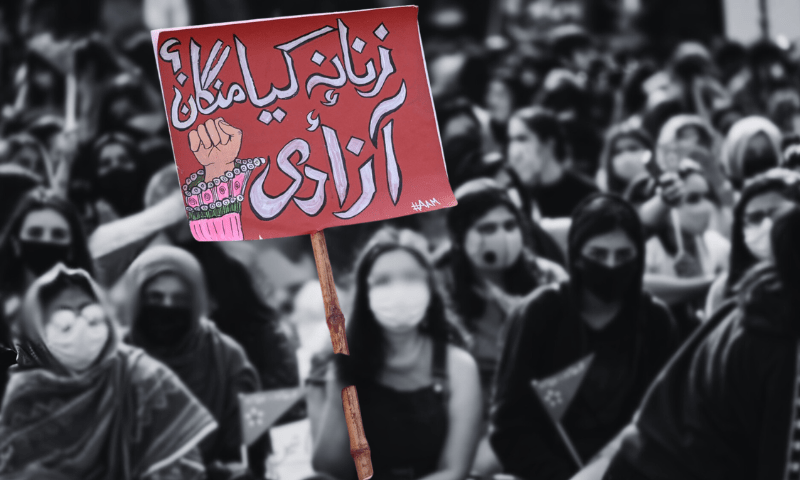
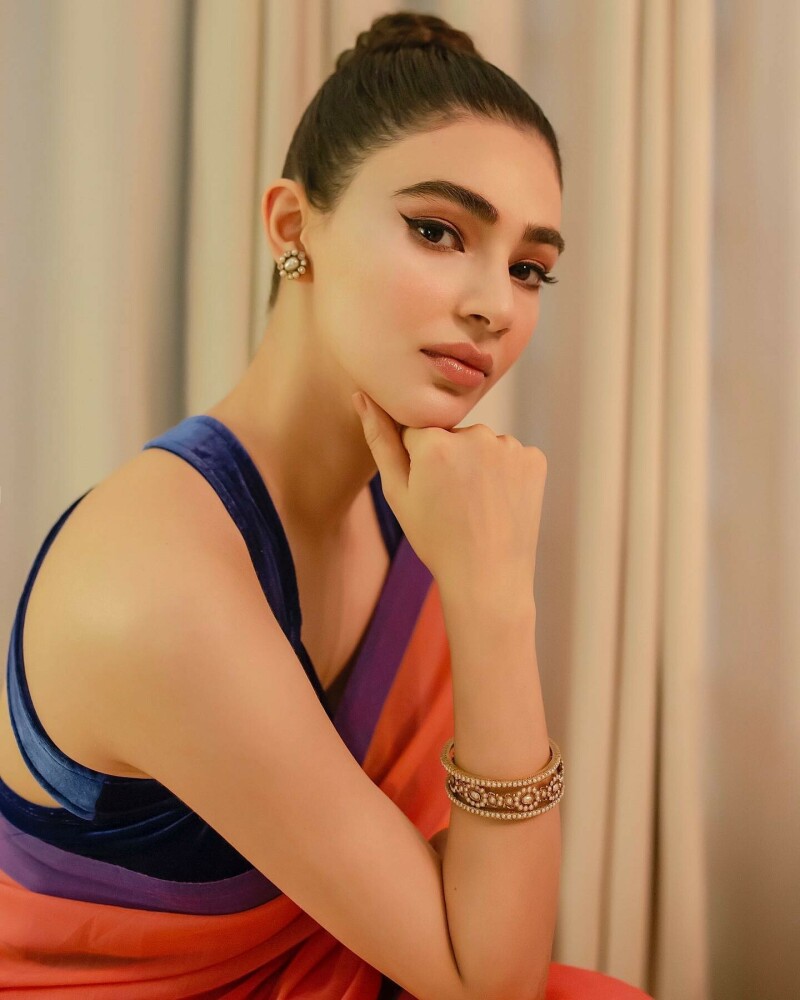
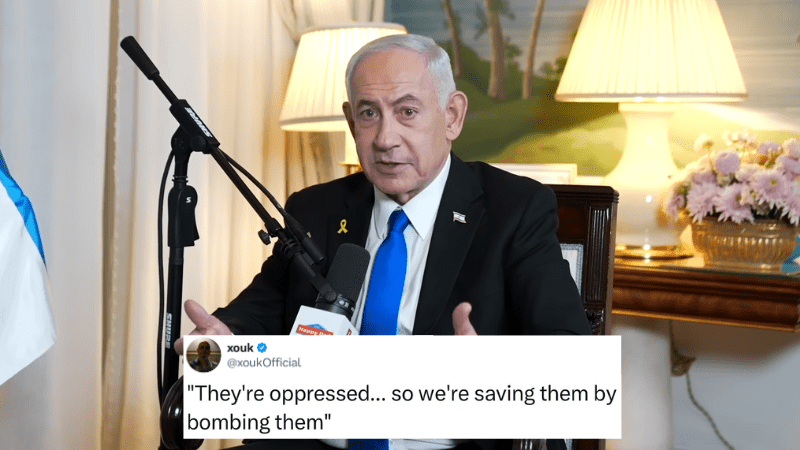
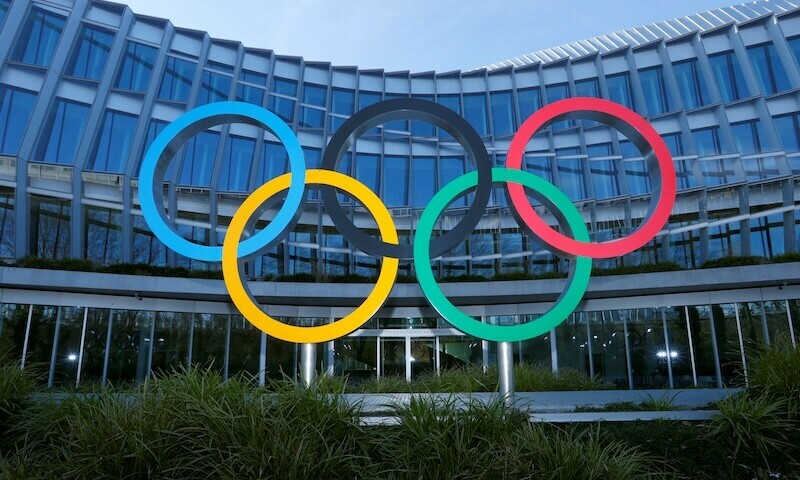
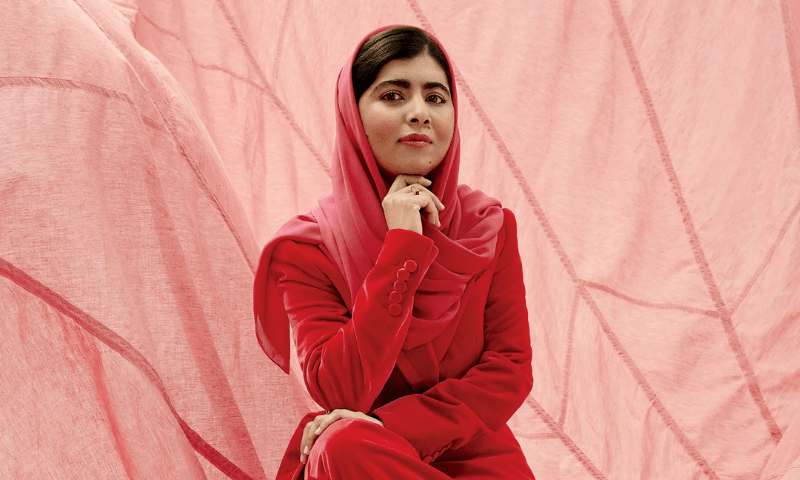

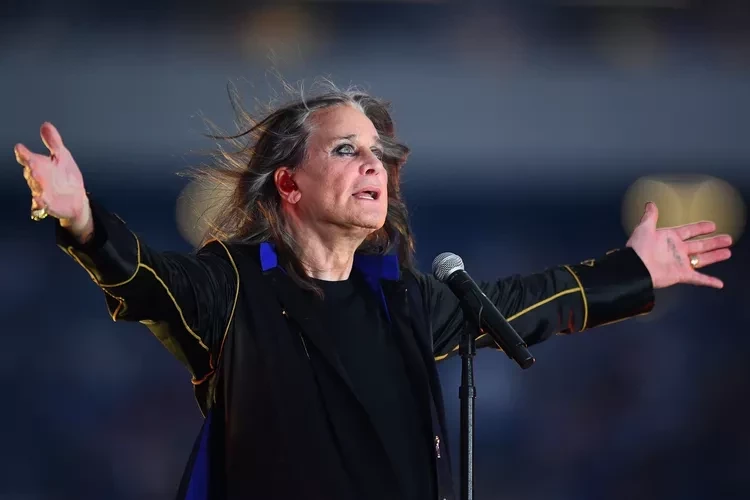
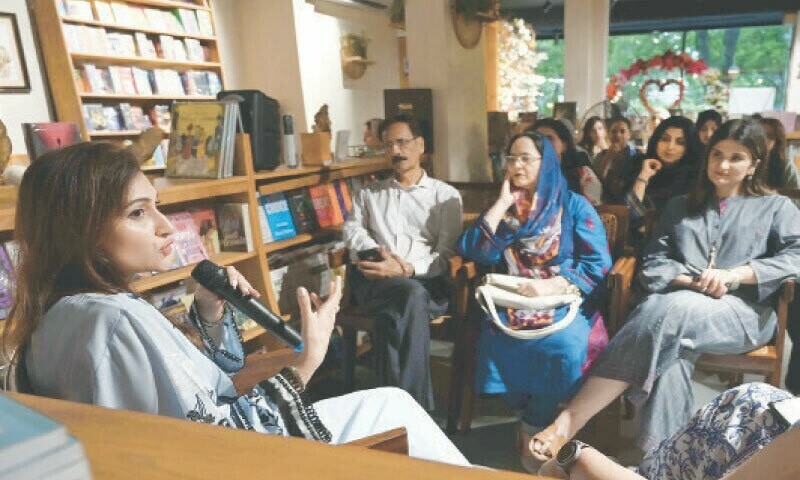
Comments